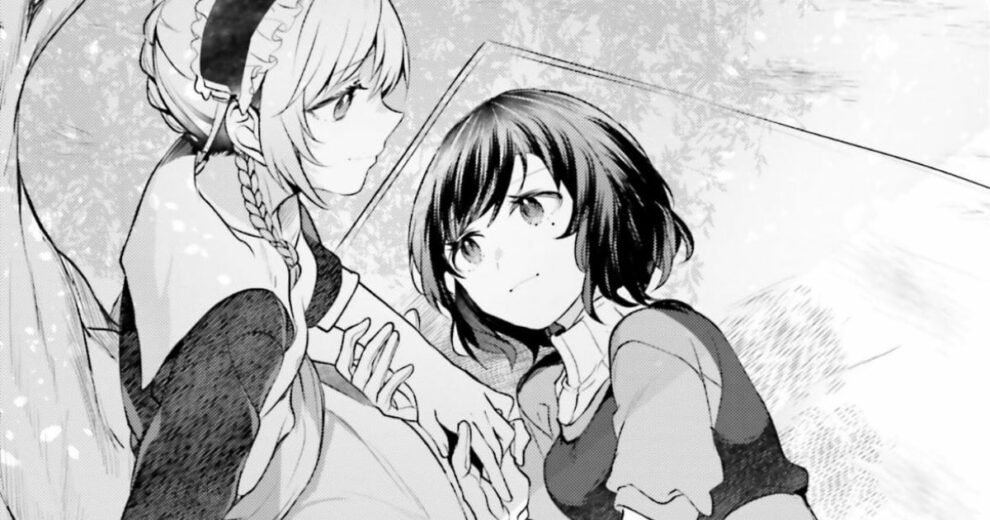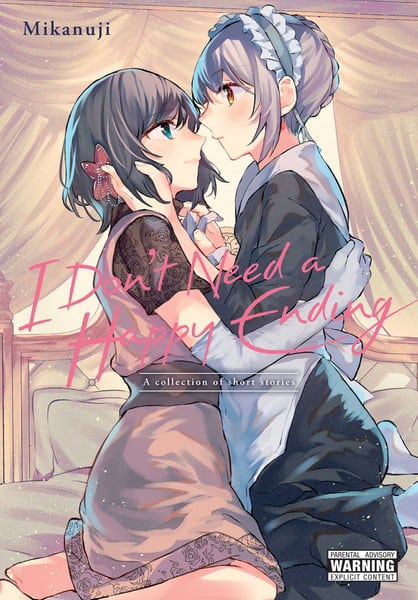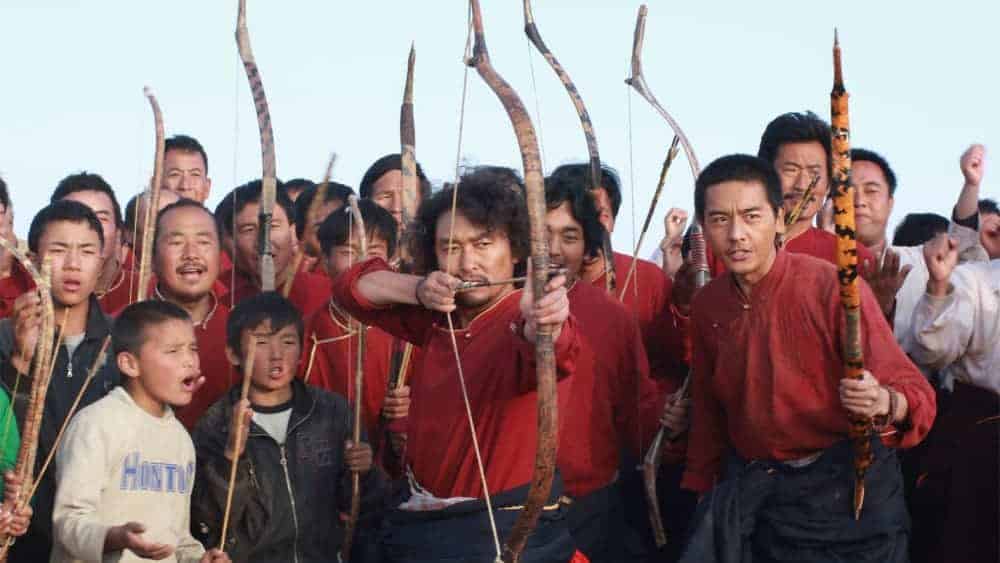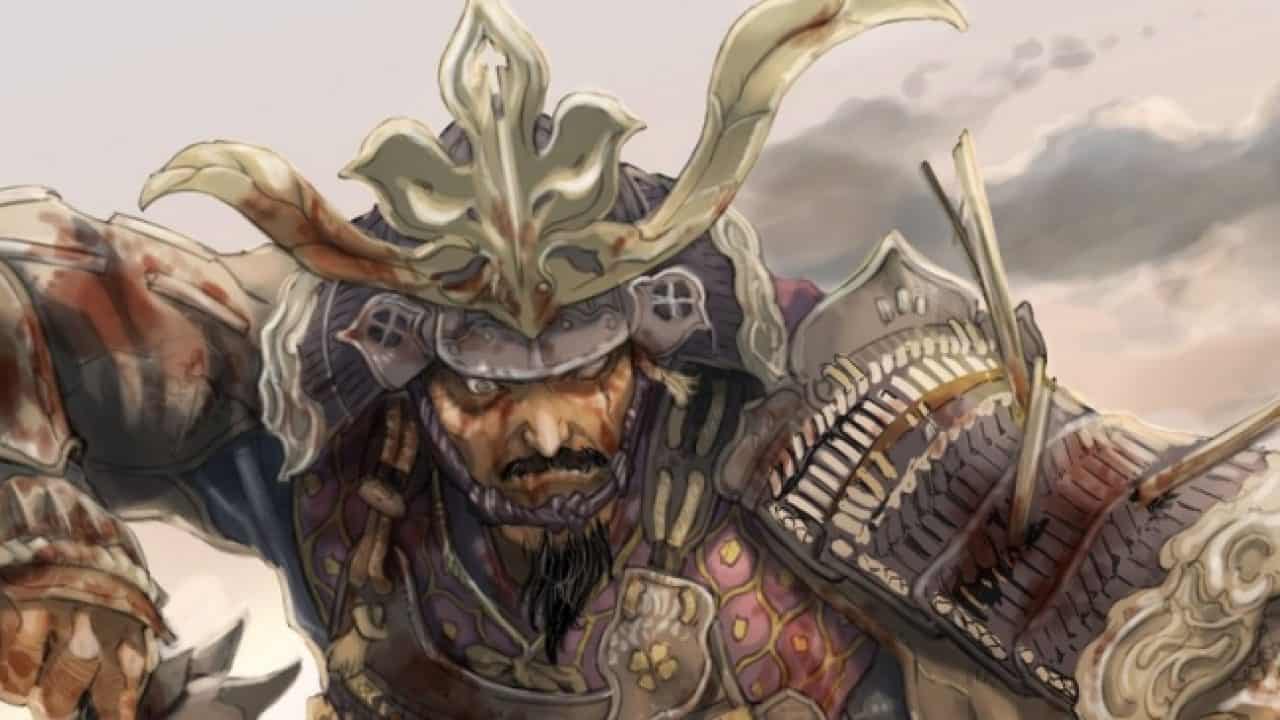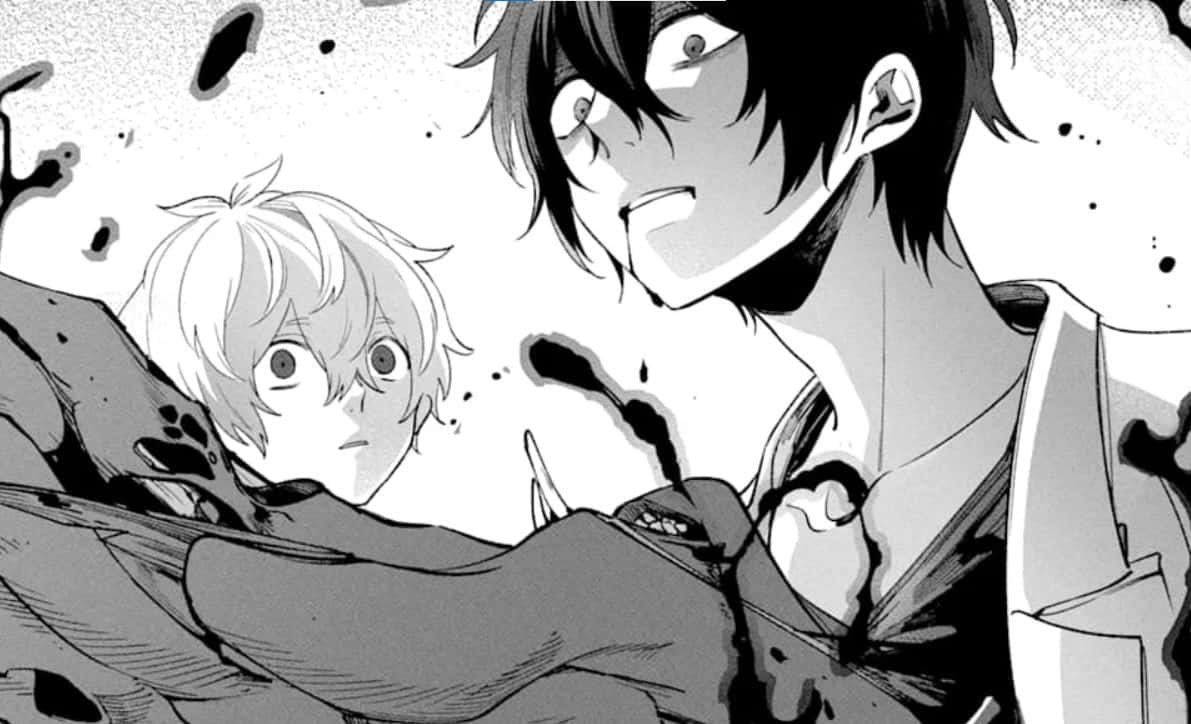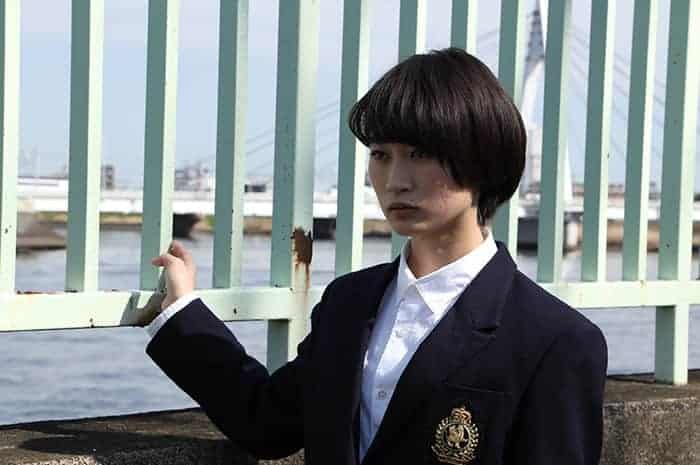“From office workers to high schoolers to a mistress and her maid, dive into a collection of girls love stories from the author of Assorted Entanglements! Mikanuji delivers a tantalizing mix of sweet and spicy in this anthology—including a brand-new epilogue for her short story “I Don't Need a Happy Ending”!” (Yen Press)
At the end of the first story in “I Don't Need a Happy Ending,” creator Mikanuji confesses in a short blurb, “You can really tell my love for eroticism, and my desire to tell an emotional story were in conflict.” This sentiment resonates with the intro story “I'll Never Fall in Love With You” more than any other in the anthology. This honestly presented conflict from the mangaka sets the tone for the five erotic yuri stories within, giving an intimate window into the struggles and desires of their creator, Mikanju.
The book can sometimes feel at odds with the characters' obsessions with one another, with that first spark often coming through domination and, in the case of “I'll never fall in love with you,” sexual blackmail. In depicting the forceful actions of one student to have embarrassing sexual relations with another, the story pushes aside the idea of non-consensual sex through monologues that confess enjoyment. However, the lingering thought of putting a power fantasy before an emotional one makes it challenging to embrace the story as what one would traditionally call romance, with smut being more aptly descriptive.
There is a degree of power abuse to a lesser extent in other stories, including “I don't know what love is,” in which an unhealthy romance is made acceptable by making the manipulation involved mutually beneficial. However, when looking at these situations objectively, it proves challenging to allow the ends to justify the means when a negative, alternative outcome is easy to envision. Approaching this mentality of lust or sex being acceptable if, in the end, it leads to a form of ‘romance' is far from healthy.
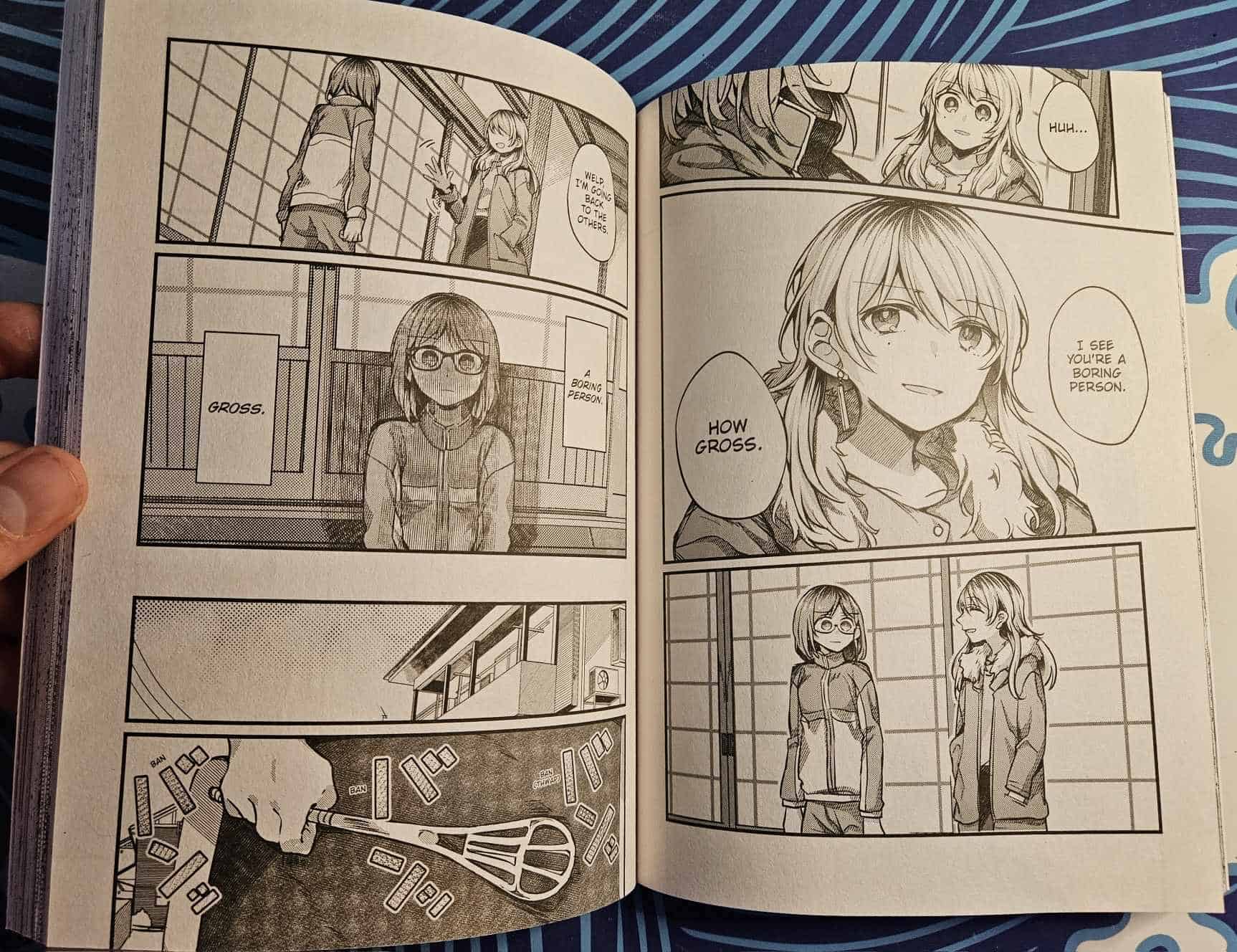
Another conflict seen throughout that is a bit more subtle is tackling cultural conservatism that remains prevalent in Japanese society and their views of sexuality. This is notable in the titular short story, “I don't need a happy ending,” which concludes with a relationship ending in favor of serving a ‘common good,' even though every character involved chooses unhappiness for an ideal that precedes their emotions. There is nothing inherently wrong with this standpoint. Yet, the emphasis on celebrating sexual freedom and lesbian relationships does create a conflict that will feel restrictive to those who refuse to put forward a concept of a ‘common good' before an individual's happiness.
Complicating all conflicts within the book further is the mental health issues, with “I don't know what love is” giving the most striking example of underlying psychosis or personality disorder. With one girl struggling with depression and low self-worth, falling for a girl who only finds interest in those who look down on her proves to be a perilous coupling when considering both issues. Throughout each tale, specific instances, like craving sex with the intent to embarrass, question whether the characters can adequately navigate the complex emotions and sexual desires the collection explores, especially when considering some of the stories feature teenagers.
Check also this video
Considering these various elements, the work is far from cathartic and will not always have that closure one might seek. How this is received will vary based on the reader, and it is not as much coming down to expressing similar values or the same views of how sex and emotions are relatable. Instead, Mikanuji earnestly describes the complexities of relationships, understanding that not all endings need to be ‘happy' to offer profound reflections on what constitutes love or lust.
Regardless of interpretation, the five stories in “I Don't Need a Happy Ending” become a fascinating look into creator Mikanuji. Suppose there is uncertainty about whether her short stories will resonate. In that case, they are still worth approaching for the subtle complexities and unapologetic representations of how the mangaka combines love and lust in a wholly unique way. Essentially, readers who disagree with the depiction of romance and sex but choose to approach it openly will still find value in the anthology.
Visually, Mikanuji's work is perfectly honed for exploring eroticism and romance, able to shift between expressive characters and lewd scenarios with a natural flow. However, sex scenes are often used more to punctuate specific story points, meaning that eroticism and character studies are inseparable when consuming the content. It is spicy and lewd, but focusing solely on these elements will likely lead to disappointment.
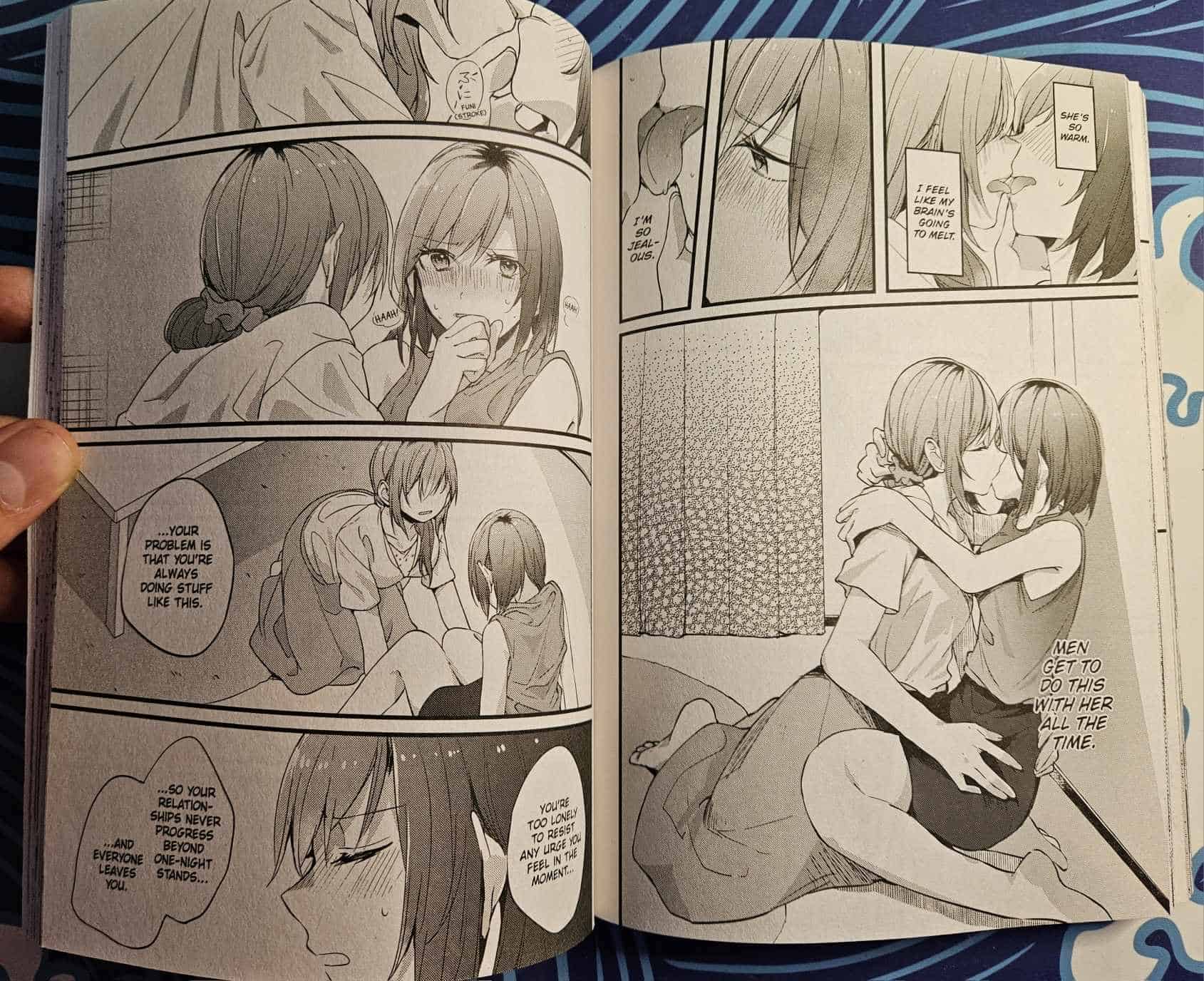
There is much to break down and examine in “I Don't Need a Happy Ending,” considering the short anthology is a single release of the mangaka's work at 178 pages. And while readers can enjoy the work at face value, the title is infinitely more gratifying when you dig deeper.
Is that to say that the manga is great? Not necessarily… I found the tales slightly distasteful, and nothing about the characters connected with me beyond the fascination of the conflicts they represent. Still, the short story collection could make a deeper connection to another, and I would not fault them for it. The work is complex and worth exploration; whether you enjoy the book or not becomes secondary to the parsing of how Mikanuji deals with various themes and tries to convey the relationship between lust, desire, love, and friendship.


